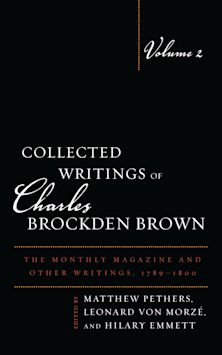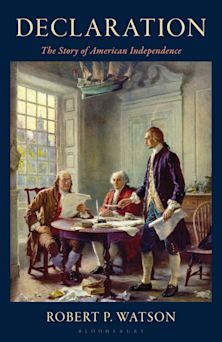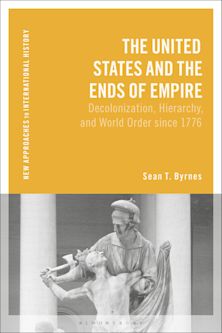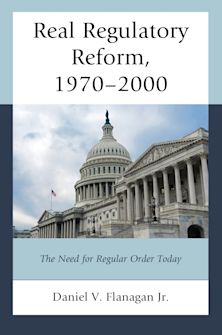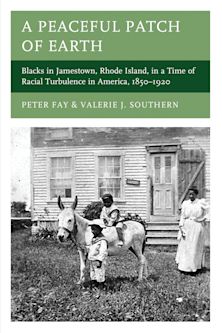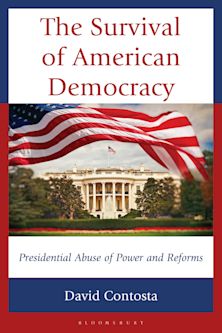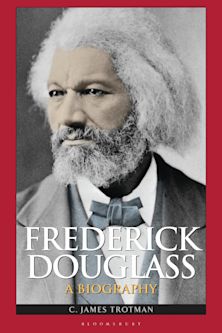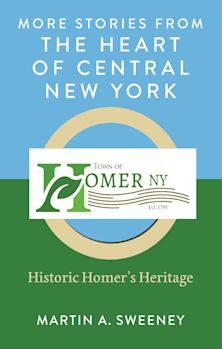- Home
- ACADEMIC
- History
- United States History
- Father Charles E. Coughlin
This product is usually dispatched within 1 week
- Delivery and returns info
-
Free US delivery on orders $35 or over
You must sign in to add this item to your wishlist. Please sign in or create an account
Description
As Americans moved from farms and small towns to large cities, they tended to lose a hallmark of their earlier life: comparatively direct participation in the discourse of pragmatic affairs. The ubiquitous radio, which became a primary medium of communication during the Great Depression, tended to make Americans listeners more than speakers about important issues. Nevertheless, as the economic catastrophe of the time evoked desires in people to express their hopes and fears for the future, Americans nevertheless tended to be reticent. They instead bestowed leadership on speakers who articulated those hopes and fears on their behalf—particularly orators who effectively utilized radio. Possessed with the ability to deliver speeches exceptionally well and to phrase ideas so eloquently as to be admired by listeners, Father Charles E. Coughlin emerged as that surrogate spokesperson for many Americans. Moreover, because the medium of radio endowed his discourse with a credibility enhanced by his own ethos, he emerged as a persuader who fulfilled the mass media role known as opinion leadership. He also capitalized on the inherent advantages of orality as a significant factor that influenced how people responded to the myriad messages of the vast communication mosaic in which Americans lived at the onset of the electronic age. Father Coughlin exemplifies that speaker who achieves the role of an opinion leader in contemporary society.
Table of Contents
Foreword
Preface
Critical Analysis
Radio, "Orality," and Surrogate Spokespersons
The Pious Persona and "Roosevelt or Ruin"
The Political Priest, Competence, and "Roosevelt and Ruin"
Testing the Political Waters with "The Menace of the World Court"
Surrogate Spokespersons: Then and Now, "Hot" and "Cool"
Speech Texts
"The Great Betrayal," March 22, 1931
"The National Union for Social Justice," November 11, 1934
"The Menace of the World Court," January 27, 1935
"A Third Party," June 19, 1936
"It is What We Do--Not What We Say," March 31, 1938
"The Spirit of the Reorganization Bill," April 3, 1938
Bibliography
Index
Product details
| Published | Apr 08 1998 |
|---|---|
| Format | Hardback |
| Edition | 1st |
| Extent | 224 |
| ISBN | 9780313290404 |
| Imprint | Greenwood |
| Dimensions | 9 x 6 inches |
| Series | Great American Orators |
| Publisher | Bloomsbury Publishing |













